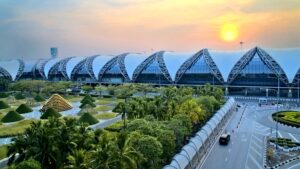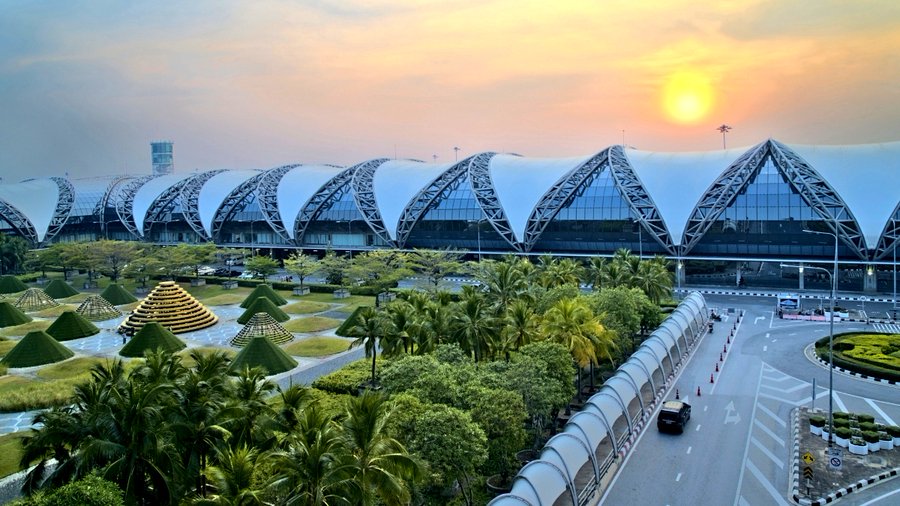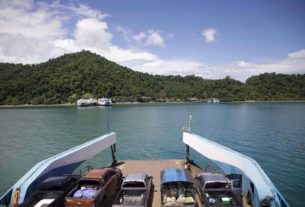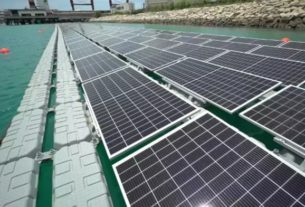 Suvarnabhumi Airport to transformed in to one of the world’s top 20 airports within five year
Suvarnabhumi Airport to transformed in to one of the world’s top 20 airports within five year
The Ministry of Transport has tasked Airports of Thailand (AOT) with transforming Suvarnabhumi Airport into one of the world’s top 20 airports within five years. This will be achieved through a three-phase development plan. In the short term, AOT is focused on enhancing passenger convenience and reducing waiting times.
AOT has already improved service quality by introducing new technologies, including automatic passport control gates (Auto Gates) and biometric systems for faster passenger flow. These measures have reduced departure wait times from 30-40 minutes to just two minutes.
In the medium term, AOT aims to increase capacity at major airports, with long-term plans for a new airport and expanded aircraft maintenance facilities to support sustainable growth.
To accommodate 150 million passengers annually by 2029, Suvarnabhumi will undergo significant expansion.
The East Expansion will increase capacity by 15 million passengers per year, while a new South Terminal will add 70 million. This Mega Terminal will also feature expanded commercial spaces, bringing total capacity to 150 million.
AOT has already implemented 250 self-check-in kiosks, 40 Common Use Bag Drop (CUBD) points, and 80 Auto Gate points, with plans to expand to 120 more.
AOT aims to make Auto Gates standard for all passengers, similar to Singapore’s Changi Airport.
Additionally, AOT is considering a 24-hour advanced check-in system for early passengers, set to launch in February 2025.
New lounge areas, co-working spaces, and a children’s play area will be added by early 2025.
AOT has consulted with Changi Airport for design expertise.
AOT also plans to develop a Green Airport, producing sustainable aviation fuel (SAF) in partnership with Changi, in line with European aviation regulations.
Solar panels will be installed to reduce daytime energy consumption, aiming for zero energy use within three years. Suvarnabhumi currently has 20 MW of solar capacity, nearing Changi’s 35 MW.
Source: Thai Enquirer on twitter



